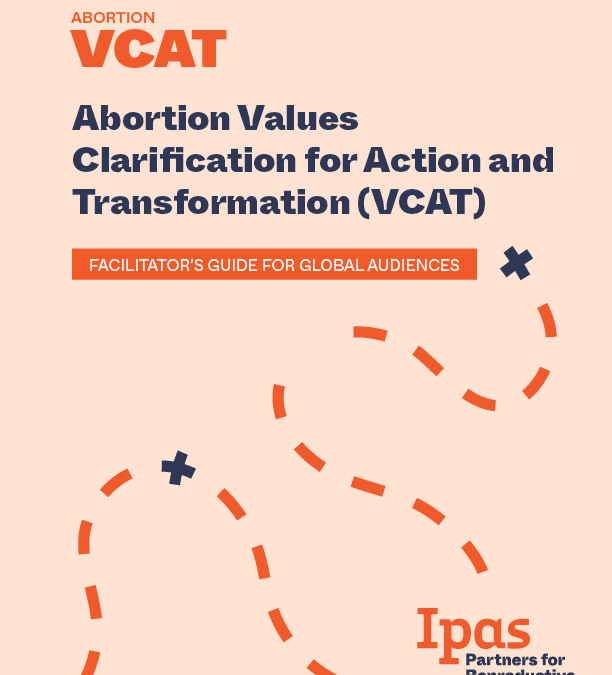
Jun 29, 2023
Abortion values clarification for action and transformation (VCAT) is a curriculum designed to support groups in examining the individual and collective values, attitudes and beliefs related to abortion. A VCAT workshop helps make values and actions related to abortion access more conscious. It transforms conversations about abortion fueled by stigma and polarized arguments toward those driven by curiosity, empathy and mutual growth.
Aclaración de valores para transformación y acción (AVTA) respecto al aborto: Guía de facilitación para públicos mundiales. Segunda edición
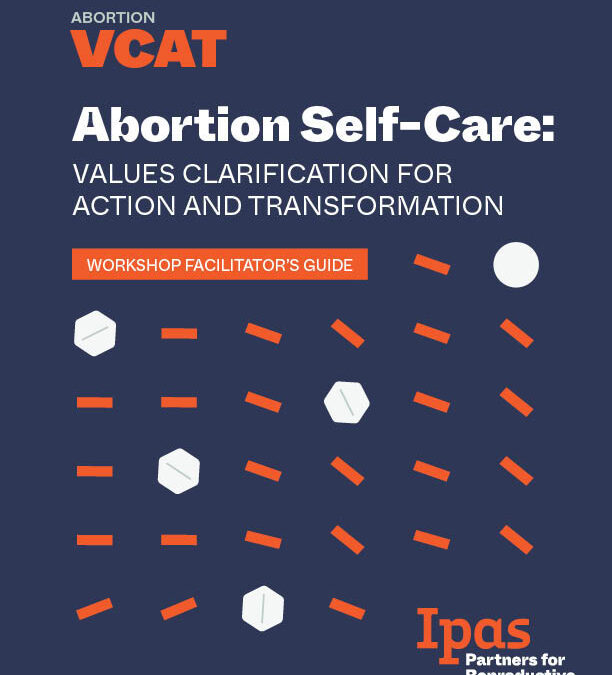
Nov 18, 2022
Research and evidence show that people can safely and effectively self-manage medical abortion, also called abortion with pills, when they have accurate information. Abortion self-care (ASC) is abortion with pills without the necessity of a prescription. With ASC, a pregnant person manages as much of the process as they want on their own, with or without the involvement of a health-care provider.
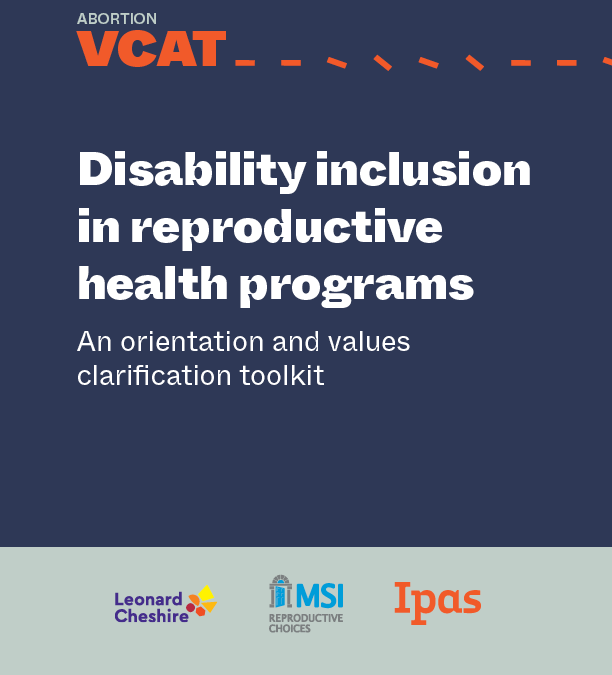
Jun 30, 2021
This toolkit provides all the resources needed to plan workshops for organizations that want to build a disability inclusion mindset among their staff and partners who work on abortion and sexual and reproductive health and rights programs.
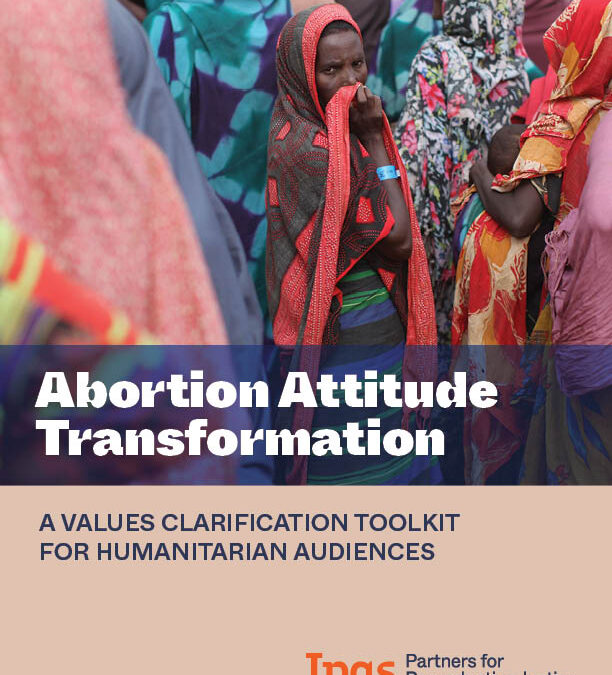
Aug 25, 2020
Abortion by trained providers is a safe and common procedure, legal under at least one condition in nearly every country in the world. Yet women and girls living in humanitarian settings often cannot get this essential reproductive health service—even when it’s available to other women in a country hosting refugees.
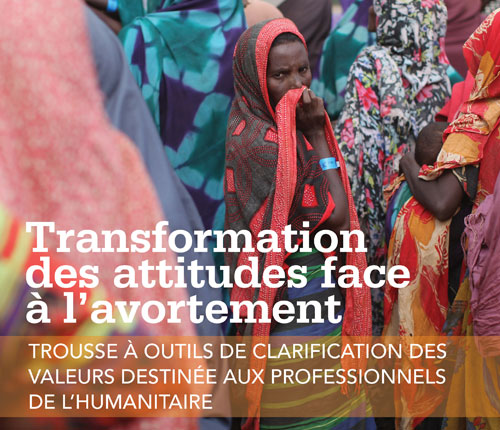
Jun 23, 2020
Quand il est réalisé par des prestataires formés, l’avortement est une procédure sécurisée et courante qui est autorisée par la législation de la plupart des pays pour au moins une situation. Pourtant, les femmes et les jeunes filles dans des contextes humanitaires ne peuvent souvent pas bénéficier de ce service de santé reproductive essentiel, même s’il est disponible pour le reste des femmes d’un pays accueillant des réfugiées.






